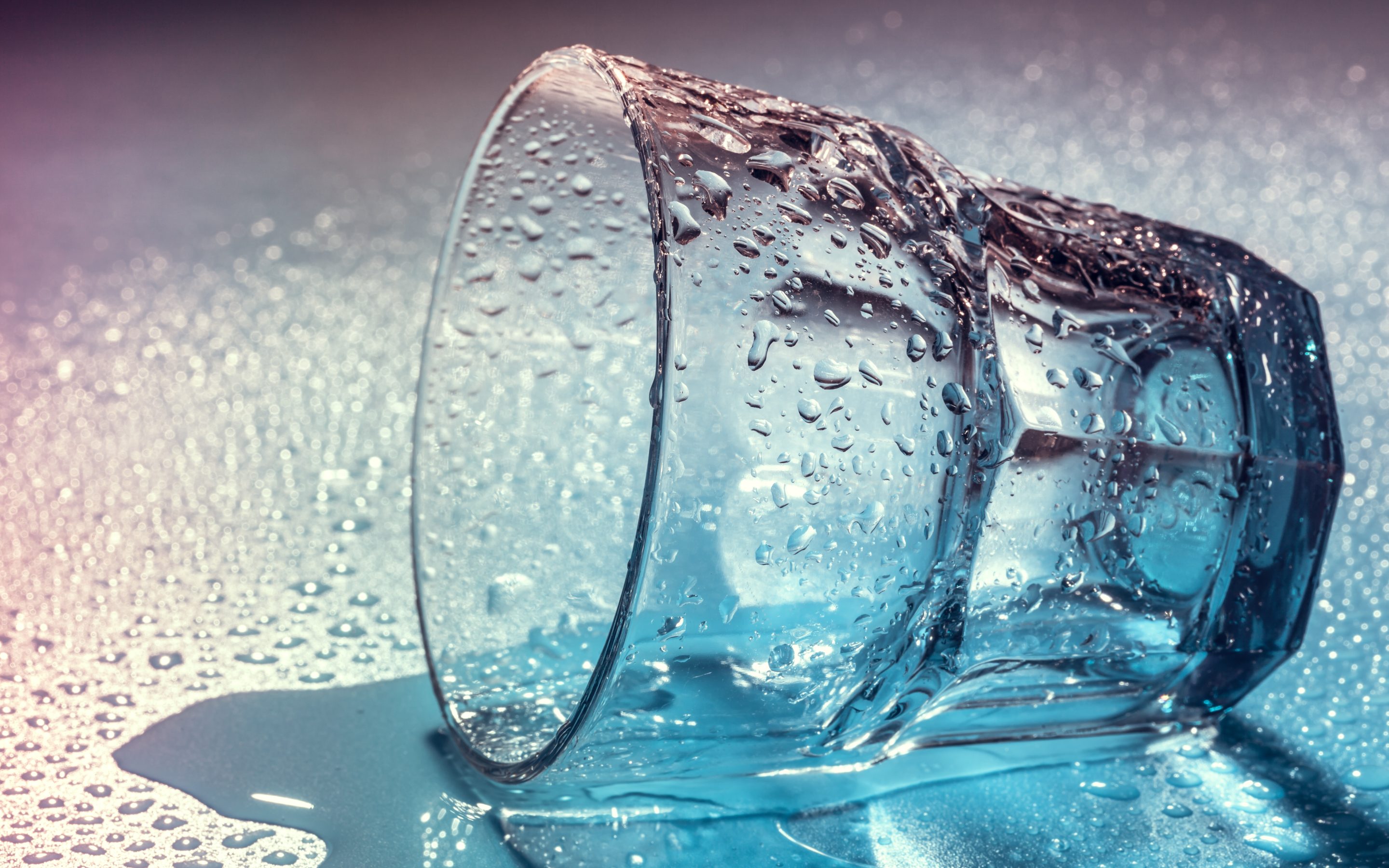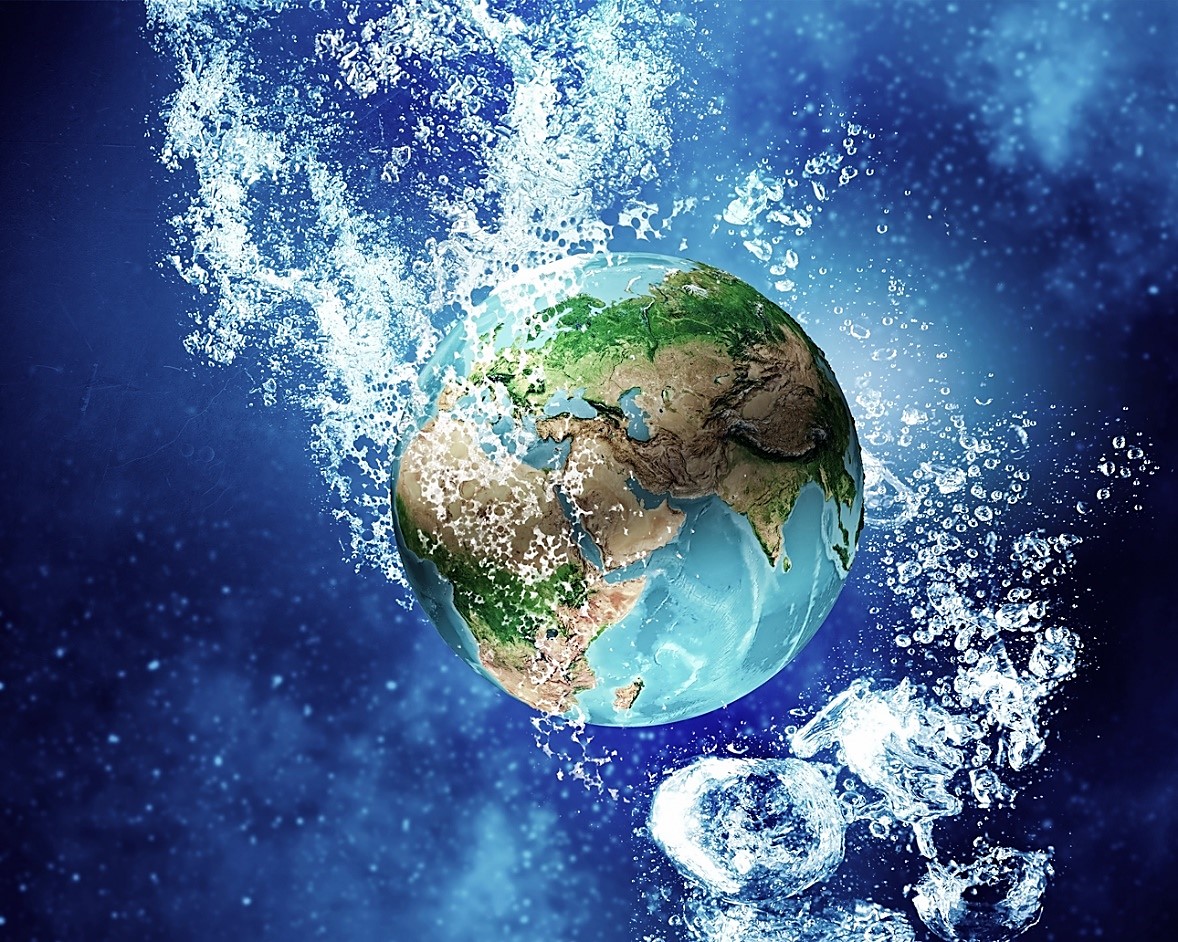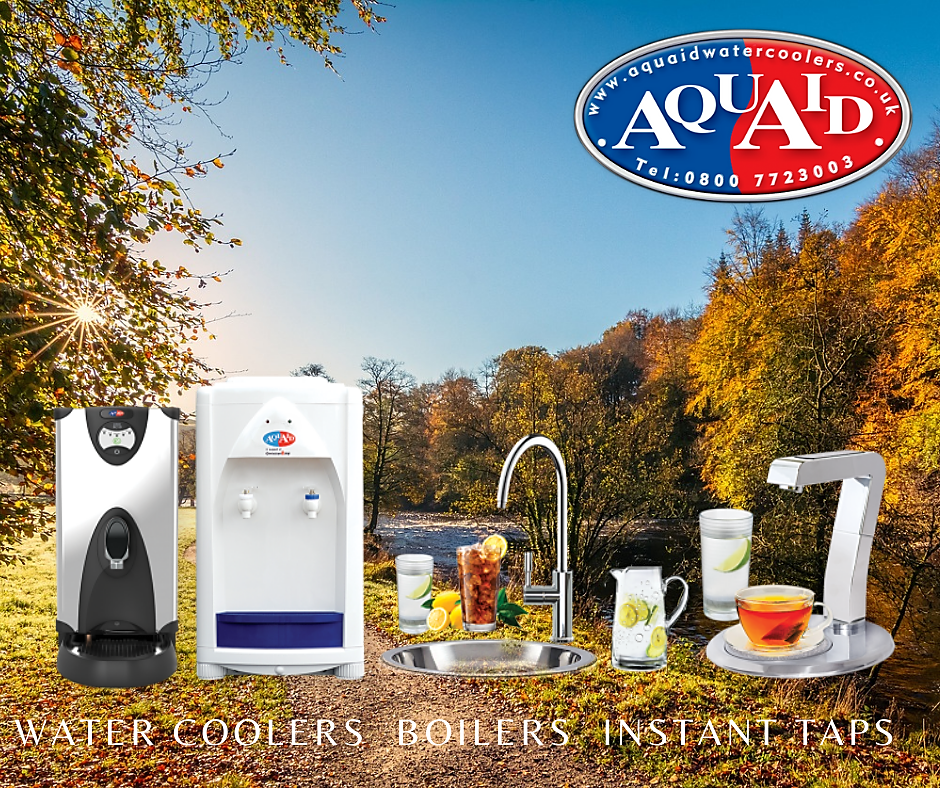
by Fern Shaw | Sep 29, 2025 | instant tap, mains fed water cooler, water cooler, Water Coolers
Whether you’re operating a multinational corporation or managing a team of two, one thing remains the same: employers have a responsibility to provide a safe, healthy and supportive work environment.
It’s not just about ticking boxes. It’s about genuinely caring for your team’s well-being – and that starts with the basics.
What Does a Healthy Work Environment Look Like?
A positive workplace doesn’t need to be extravagant. But it does need to ensure that everyone has access to key resources that help them stay focused, energised and well.
At the very least, a responsible employer should provide:
- Easy access to a constant supply of drinking water throughout the day
- A space to eat and recharge, even if it’s just a small break room
- A designated area away from the desk where staff can take short breaks
- Clean, well-maintained bathroom facilities
These are simple, everyday needs – but when they’re consistently met, they contribute massively to morale, productivity and staff retention.
Going Beyond: When Your Water Cooler Does More Than Just Hydrate
It’s easy to overlook the office water cooler. But what if something as ordinary as drinking water at work could have an extraordinary impact somewhere else in the world?
That’s exactly what AquAid has built its mission around.
While AquAid offers a wide range of high-quality water coolers, hot water boilers, bottled water solutions and Instant Taps across the UK – with professional installation and aftercare – it’s their commitment beyond the workplace that truly sets them apart.
Drinking Water Here = Safe Water There
For every mains fed water cooler installed or bottle of water purchased from AquAid, a portion of the proceeds goes directly to charities that provide sustainable, life-saving water resources to communities across Africa.
That means your workplace water solution could be helping to:
- Fund the installation of community water wells in rural villages
- Support long-term water purification systems
- Empower local teams to manage and maintain their own water infrastructure
- Provide safe drinking water to schools, health clinics and households where it’s desperately needed
And we’re not talking small numbers. Through partnerships with organisations like The Africa Trust and Christian Aid, AquAid has helped bring clean, accessible water to millions of people.
Keen to Make a Difference? Contact us at AquAid
If the idea that your team’s daily water intake could help fund life-changing water solutions for thousands of communities aligns with your values, we’d love to hear from you.
Here’s how to get in touch:

by Belinda Ollewagen | Jul 30, 2025 | Hot Water Taps, instant tap, Water Coolers
We all know that dehydration is bad for us and that it’s important to keep ourselves well hydrated throughout the day to ensure we perform optimally, which (in addition to it being the law) is another reason why companies provide easy access to water in the form of a water cooler, water boilers, and hot water taps. But many of us still don’t drink enough water, and even slight dehydration is harmful. Our bodies naturally alert us when they need replenishment, but thirst mechanism aside, what are the other cues we often misread?
Some of the first signs of dehydration are similar to hunger pangs, which mistakenly makes us reach for something to eat. The confusion apparently stems from our hypothalamus, that part of the brain that regulates appetite and thirst – which, when we’re dehydrated, gets its wires crossed. It’s always best if you’re feeling slightly hungry to try drinking water first, if hunger pangs persist then move on to a snack, but always try replenishing the body’s water supply before doing anything else.
A more obvious sign is a dry mouth, potentially followed by a headache – the latter is not something we would normally associate with dehydration, but unwittingly it is often the cause. According to University News‘ dehydration headaches may happen because a lack of fluids causes shrinkage in brain volume. This results in the brain pulling away from the skull, which triggers pain receptors in the meninges (the membrane that surrounds the brain).’ So, before you reach for pain killers, walk over to the hot water taps in your office kitchen and make a cup of tea or drink a glass of water. An important point to remember however is that while drinking coffee and tea will aid hydration, it is only effective around the four cups per day mark – if consumption exceeds that, it actually becomes a diuretic which is counterproductive to hydration.
Other more serious signs can include fatigue, heart palpitations, cramping, loss of concentration and loss of mental capabilities. It is particularly the change in focus and shift in mental acuity that affects productivity. A study assessing the effects of mild dehydration on cognitive performance found that ‘mild dehydration in men induced adverse changes in vigilance and working memory, and increased tension/anxiety and fatigue.’ Worryingly, many of us begin our day already mildly dehydrated which is then exacerbated by a lack of water intake as we move through our day.
It is imperative, both from a health and productivity point of view, that we maintain sufficient hydration levels, and we achieve this by forming healthy habits – keeping a bottle of water on our desks and sipping on it throughout the day; and taking regular water and tea breaks. Mild dehydration is insidious and if we are to function optimally, we need to learn to read the signs correctly.

by Fern Shaw | May 17, 2024 | instant tap, water cooler, water cooler, Water Coolers
In Part I about skipping lunch while working, we were all about bad nutrition and productivity and skipping lunch. In this session, the debate continues with mentions of the (for some) dreaded broccoli, superfoods and eating well at work.
Two journalists battled it out; one had spent time working in France, where lunch was always taken away from one’s desk. The other said that she would far rather power through her lunch break and have her sandwich at her desk as it would give her more time after work to spend with her family.
Having lunch away from your desk is the way to go, according to studies at the University of California. Taking the time out of your work environment gives your brain a breather and allows your brain to ‘power up’ and go back to work refreshed and ready for the next haul. Sitting at your desk doesn’t allow for that brain refresh. I would imagine it’s similar to taking a power nap, which does work.
Superfoods
*In the nineties, it was all about organic food. Then along came the concept of ‘superfoods’, a term used to describe foods that are supposedly really good for you. But it turned out to be more of a re-branding exercise for otherwise mundane supermarket produce, like berries for example. And if you ask a scientist, the term superfood means something completely different. It’s used in academia to refer to calorie-dense food, like chocolate (aha!).
Broccoli
Apparently, the little green forest trees (as I like to call them), have been shown to help the immune system to clean harmful bacteria from the lungs. A compound found in the vegetable is now being trialled as a treatment for people with lung disease.
Eating well
When surveyed by researchers from Nottingham University, staff at the UK’s National Health Service said they felt they had a responsibility to set an example for healthy eating at work. But the American Journal of Public Health found that for healthy eating habits at work to take any effect, workers’ families also had to get on board. What people eat at work is linked to their overall lifestyles and attitudes to nutrition.
I must say I do like the can-do attitude of the people at the NHS. Overall, I think it is important, as your working day takes up a lot of your hours awake (bar those power naps), to make sure that the powers-that-be in your work environment focus on your well-being too. Are there kitchen facilities at your workplace?
Is there a water cooler? Instant Tap? A hot water drinks dispenser?
Some type of sip and feast designated area?
If not, perhaps it’s time to have a chat with your employer and point out the clear benefits between nutrition, good hydration and productivity.
source*: an article in Quartz.
source**: an article in the New Scientist

by Fern Shaw | Mar 20, 2024 | Hot Water Taps, instant tap, mains fed water cooler, water cooler, water cooler, Water Coolers
The theme for World Water Day, 22 March 2024, is ‘Water for Peace’, which focuses on the critical role water plays in the stability and prosperity of the world.
According to UN-Water, ‘when water is scarce or polluted, or when people have unequal or no access, tensions can rise between communities and countries.
More than three billion people worldwide depend on water that crosses national borders. Yet, out of 153 countries that share rivers, lakes and aquifers with their neighbours, only 24 countries report having cooperation agreements for all their shared water.
By working together to balance everyone’s human rights and needs, water can be a stabilising force and a catalyst for sustainable development.’
The good news is that even if you are not directly involved in this year’s World Water Day, as an AquAid customer, you are helping with the continued implementation of sustainable water projects which help provide potable water, water to grow crops and water for productive use for thousands of communities in water poor regions across Africa. These safe water resources, often built in areas accessed by multiple communities, can help to minimise conflict which may arise from insufficient and unsafe water sources.
With each mains water cooler installation and every bottle of water purchased, we donate a portion of that revenue to the charities we have supported for over twenty-five years: Christian Aid, since 1998 and The Africa Trust – an AquAid founded charity – since 2010.
If you are not yet an AquAid customer but appreciate how we work, we will be more than happy to help introduce you to our range of water dispensers, bottled water coolers, hot water boilers and Instant Taps offering hot, cool or chilled water.

by Fern Shaw | Dec 3, 2023 | instant tap, water boiler, Water Boilers, water cooler, Water Coolers
December is a month chock full of occasions, annual observances and traditions.
A brief glance:
03 – 04 Dec –Tree Dressing Day
06 Dec – St. Nicholas Day
11 Dec – International Mountain Day
21 Dec – Winter Solstice
the list goes on.
This may be due to December being a pivotal period of the year as we enter the final transition from late autumn to winter and the close of yet another year. Although the dropping temperatures and increase in blustery weather may make it difficult to believe, it’s still officially autumn until 21 December.
With so many observances, traditions and events on the go this month it’s easy to understand that we may let our changing hydration needs slip by the wayside despite there being a simple and cost-effective solution. A solution as simple as switching from a chilled drinking water dispenser to a cool and piping hot drinking water dispenser.
With AquAid, you’re spoilt for choice – we supply a wide range of top-quality water coolers, water boilers and Instant Taps – all backed by our superlative services pre, during and post installation.
We invite you to visit our informative website and browse our water cooler selection, suitable for all industries and any size staff contingent, then contact our helpful team via e-mail, telephone or at the website.





